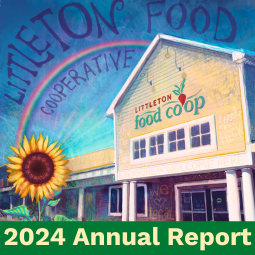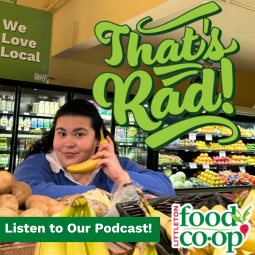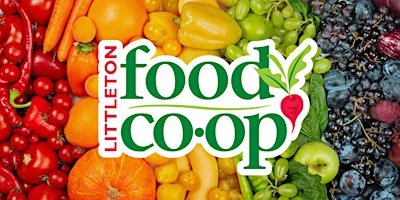It’s no secret that all the mothers in our lives deserve something nice this Mother’s Day. But parents spend 18+ years providing for their children, meaning sometimes it’s hard to let go and let themselves be treated special for once. But that just means they deserve a gift to show your appreciation even more! Have you seen those restaurants out there that have named menu items based on cliches that kids say when you ask them what they want to eat? A hot dog and french fries might be called “I Don’t Know,” and an “I’m Not Hungry” consists of penne pasta and sauce. We’ve adapted that idea below for Mother’s Day. Use what the mothers in your life say they want for Mother’s Day to select from one of the options below. And remember, we’re going to look beyond the superficial words being said here. For instance:
“Oh, I don’t need anything special.”
This mom doesn’t want to be the center of attention or have a big fuss made that upsets a Sunday routine. And they likely don’t want more physical products to try to make space for in the house. Hot take: sometimes giving someone a “special Mother’s Day” vase, jewelry box, tchotchke, etc is actually more of a burden than a gift. You’re saying now I have another ~thing~ in my space that I didn’t get to pick out AND I can never throw away without a lifetime of guilt?? Instead of elaborate plans or unnecessary products, focus on enhancing the routine they already have. Consider:
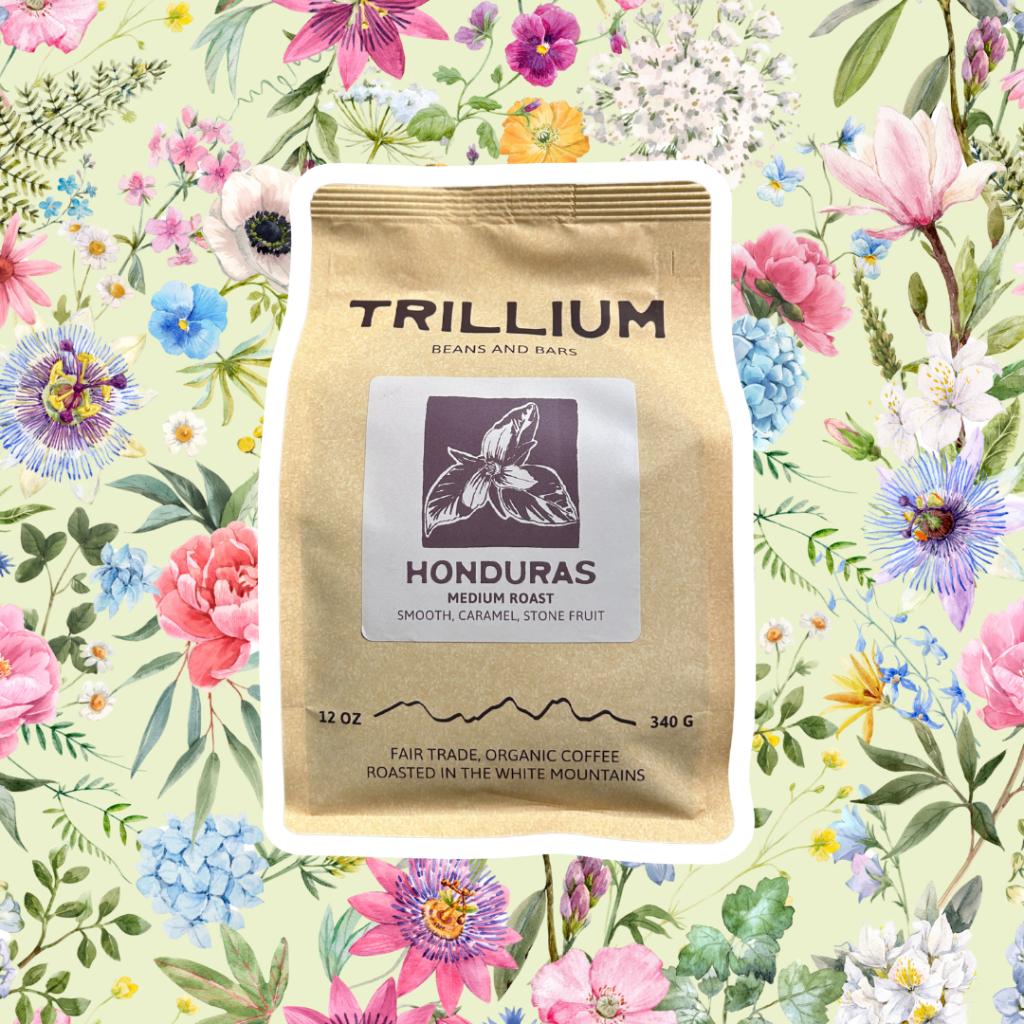
Local Coffee. Start mom’s day with an extra special cup of joe. Local coffee tastes best because not only are our local producers focused on craft and quality over mass production, it’s a gift that directly supports your community. Moms have enough to worry about in life – take one worry away by gifting ethically-sourced, environmentally-responsible coffee beans. And hey, get ground beans – don’t make them do any more than required.
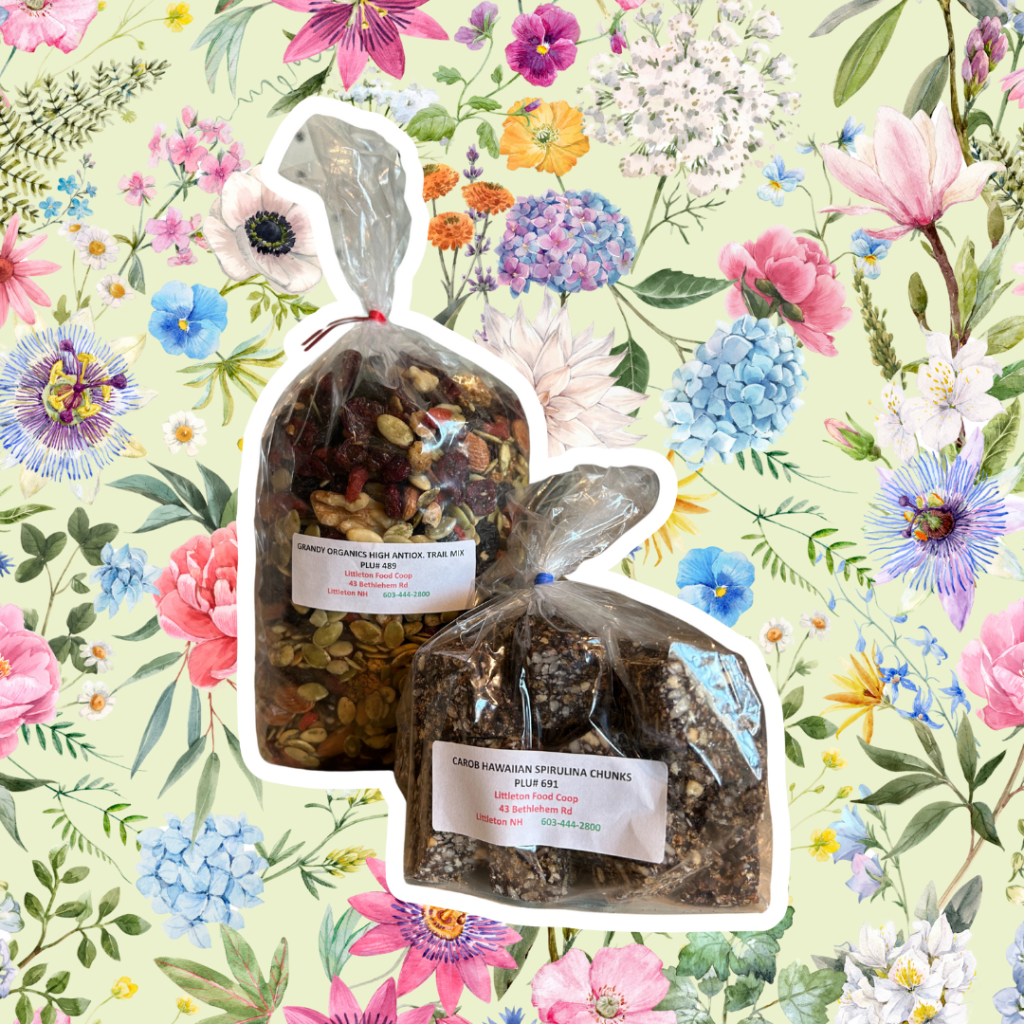
Trail mix or energy bites from the Bulk Department. A mother on the go can never get enough protein-packed fuel to get through the day. And whether you’re a spouse, child, family member, or co-worker, let’s be honest here: you’re one of the reasons their energy is depleting. It’s only fair that you give a boost.

Littleton Co-op gift card. There’s bound to be SOMETHING a mom needs at the Littleton Co-op! Let mom decide with a gift card to their favorite local grocery store. And even better: give the gift of a solo shopping trip. Sometimes, even better than a bottle of wine paid for with a gift card is the opportunity to stand in the wine aisle deciding for as long as you want; no screaming kids, no impatient partner, just pure grocery store bliss. Purchase Gift Card Online.
“My favorite gift is spending time with you.”
Gift giving and receiving is not everyone’s “love language” and that’s totally okay! Quality time might mean more to mom than the most expensive gift money could buy. But let’s face it: an excursion or day out on the town can add up fast. But hanging out at home watching TV doesn’t really separate Mother’s Day from a regular Tuesday. Consider purchasing something to center your quality time around, such as:

Co-op Puzzle. The ultimate rainy day activity! The worst thing would be making mom feel frustrated, which is why the Co-op puzzle is an achievable 375 pieces. Cooperate with mom to assemble a collage of some of our favorite cooperative moments. This is great to spark conversations about your favorite foods, memories from the past fifteen years, and memorable times working on a team.
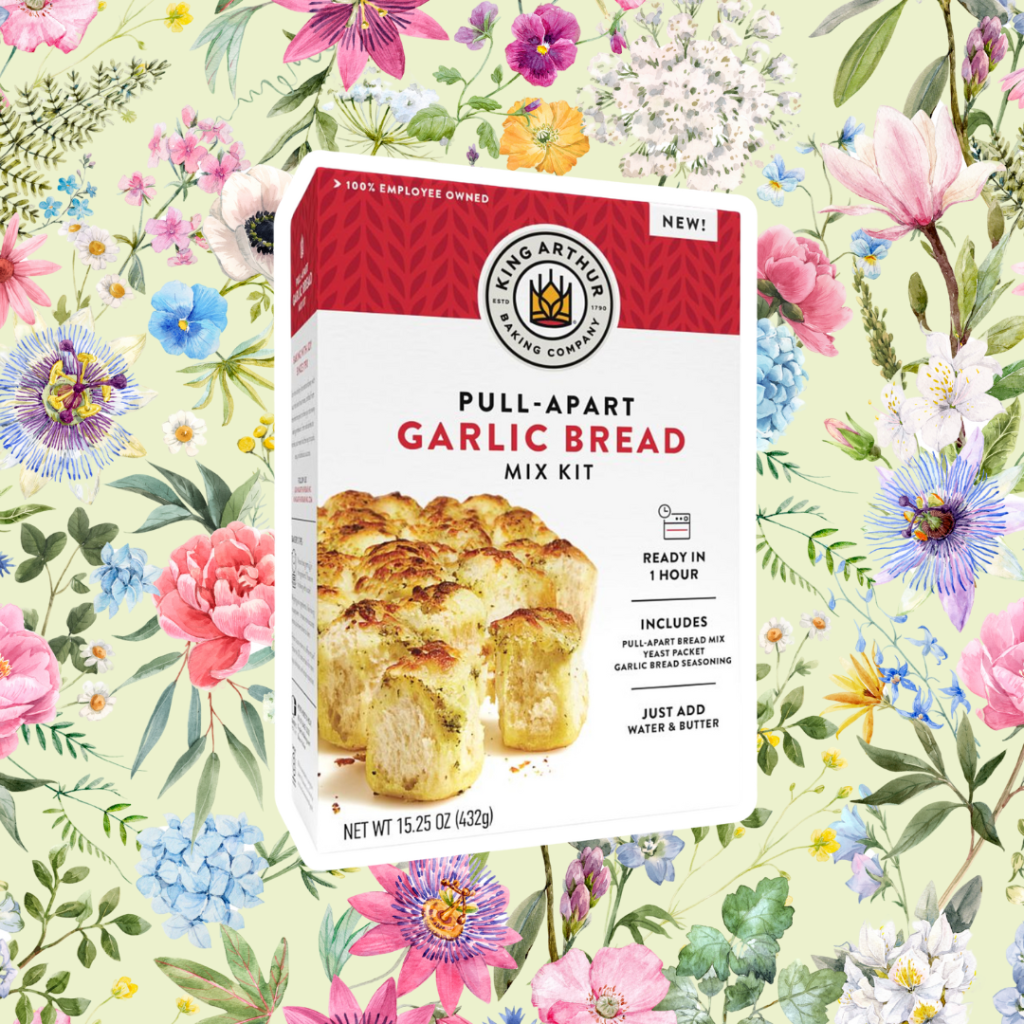
King Arthur Baking Mix. Get your hands dirty with mom in the kitchen this Mother’s Day! Not only do you get to enjoy the activity of baking something savory or sweet together, but then you get the secondary experience of enjoying your creation together. If home baking is not your strong suit, King Arthur Baking mixes make the process much easier. And you know all the ingredients will be top-notch. Plus, the King Arthur Baking headquarters is a short drive away in Norwich, VT – road trip with mom!

NH travel cribbage board. This isn’t just your standard cribbage board. These handcrafted wooden sets from Maine are carved with White Mountains inspired images on the board and pegs. Mom will feel touched that you went the extra mile to customize a board for the two of you to play together; meanwhile, all the work you have to do is pick it up from the Co-op.
“Whatever you want to give me.”
Okay, that’s great, mom. What I want to give you is an all expenses paid tropical vacation, one million dollars, and a break from carrying the weight of the world on your shoulders, but that’s not realistic for multiple reasons so could you give me some guidance here? Moms who say something along these lines just don’t want to be a burden; but, that doesn’t mean they wouldn’t appreciate a token of affection. If a tropical vacation is out of your budget, focus on smaller gifts that can give mom those same feelings of a calm and stress-free life. Consider these options:

Locally-made soap. In our completely unbiased opinion, our local soap makers are the best! The artistry that goes into the flavor design and physical crafting of our local soap selection is exactly the kind of thing a mother will appreciate. And that’s not even including getting to use it and experience a lather of love.

Specialty Cheese accessories. Of course, Mom (or anybody really!) would appreciate a selection of cheeses from the Specialty Cheese island. But it can be difficult to gift perishable items (especially in the warmer months when we can’t use the back porch as a secondary refrigerator lol). But the Specialty Cheese Department also has a number of high quality non-perishable crackers, jams, spreads, and other “accessories” that would pair well with any cheese or other food of mom’s choosing.

Aromatherapy tools. I don’t think anyone knows a mother who is “too relaxed” or “gets plenty of sleep.” Help all the moms treat themselves with lotions, masks, bath add-ins, oils, and more from the Wellness Department. Many brands offer tools to focus on various areas of wellness, but you can never go wrong with anything targeting sleep or relaxation. Bonus points for knowing mom’s favorite scent!

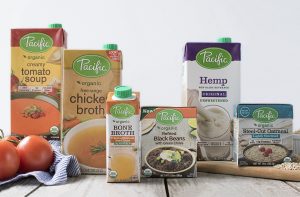

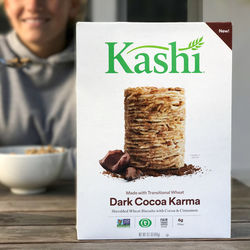

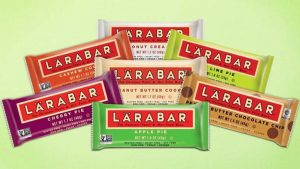
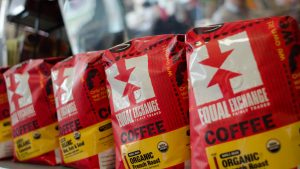
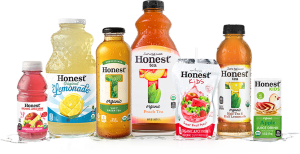
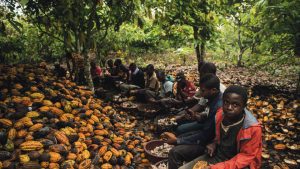

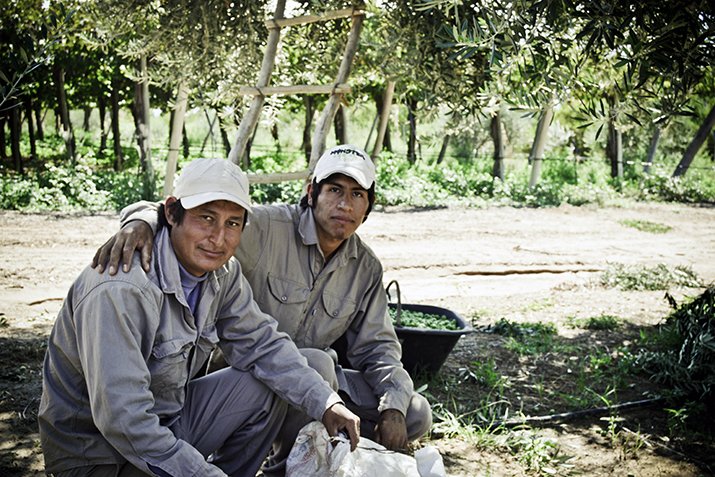
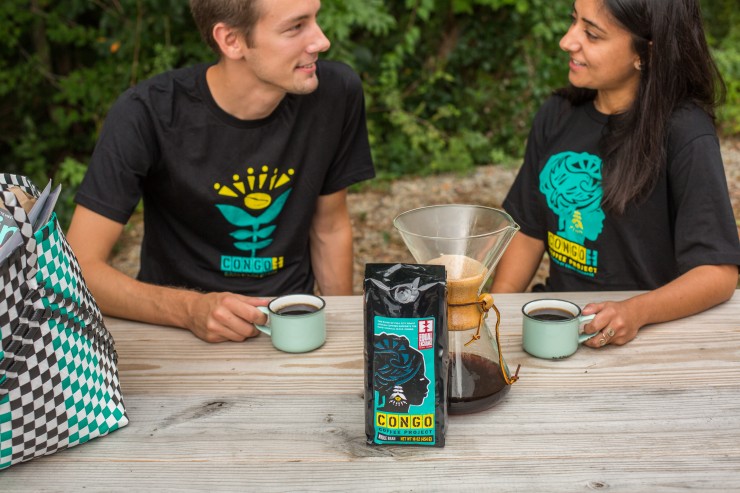
 Dr. Mukwege’s leadership, dedication, commitment and strong voice are truly an inspiration. The Panzi Hospital has become known as a safe place for survivors of sexual violence to seek treatment and heal from their trauma, as well as providing support to hundreds of women in their vocation program.
Dr. Mukwege’s leadership, dedication, commitment and strong voice are truly an inspiration. The Panzi Hospital has become known as a safe place for survivors of sexual violence to seek treatment and heal from their trauma, as well as providing support to hundreds of women in their vocation program.
